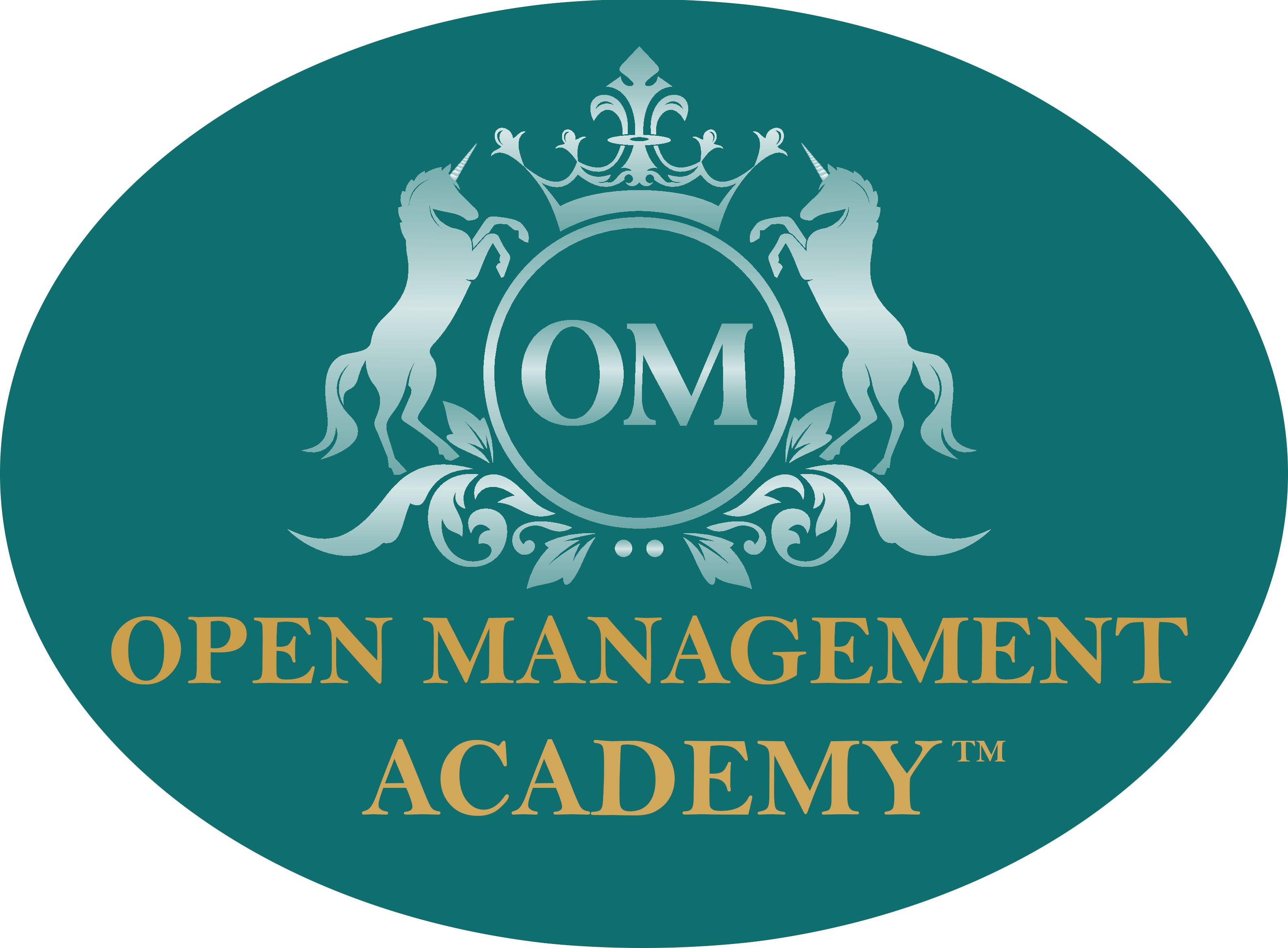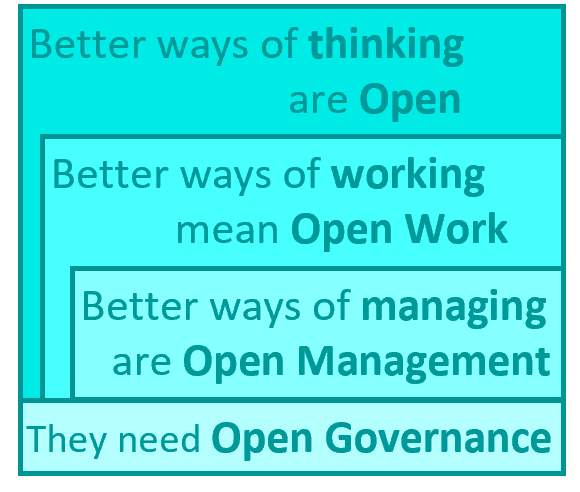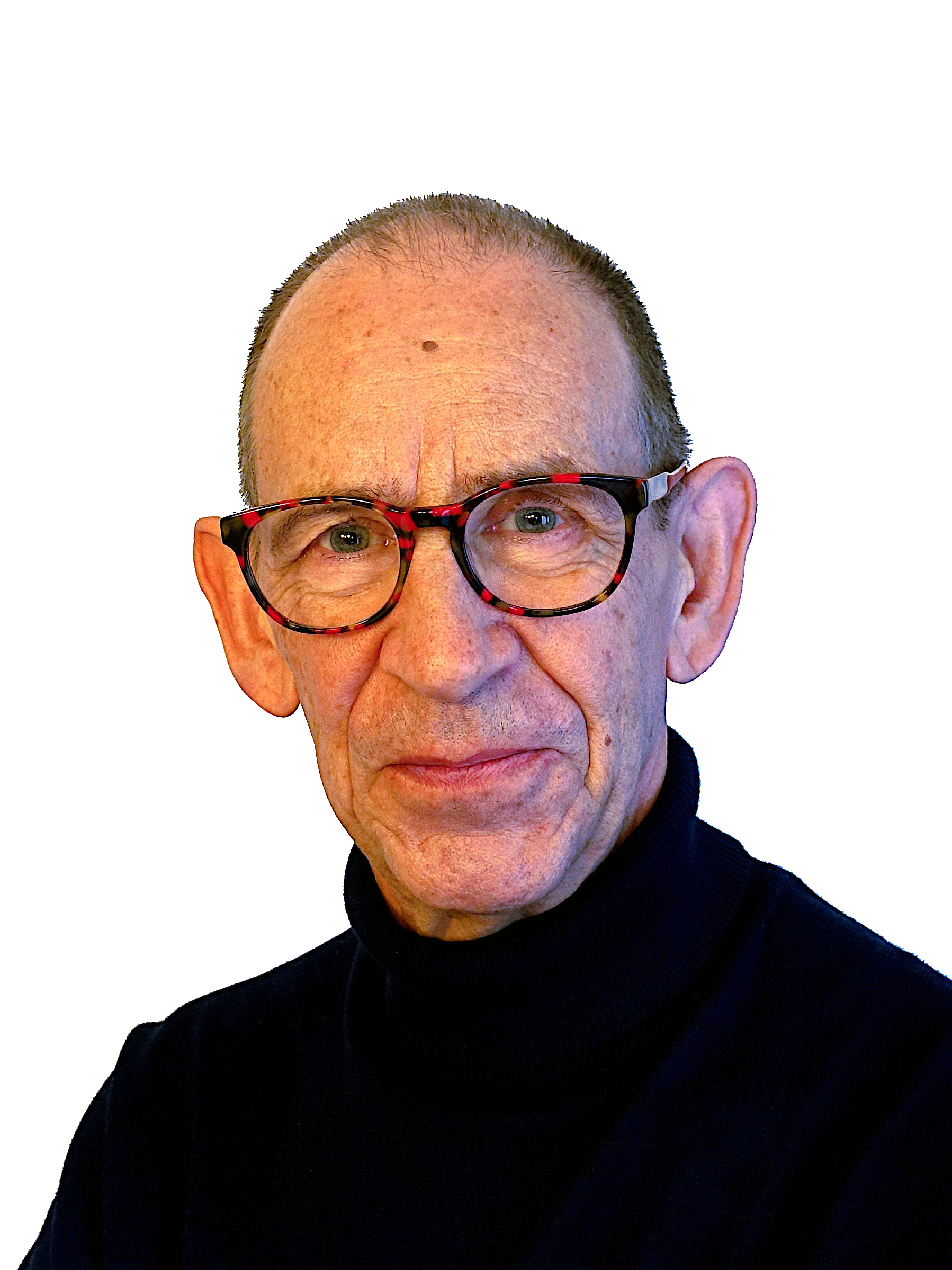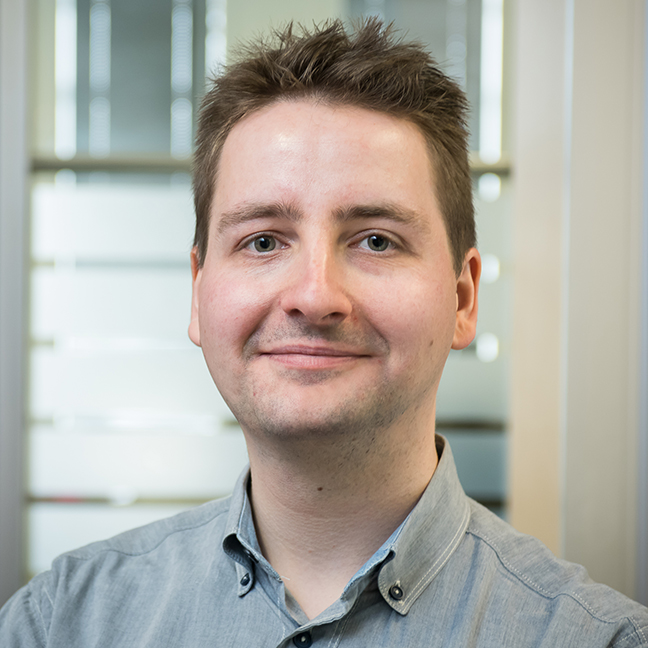

The world is changing rapidly in two directions: the exponential rate of advancement of technology (digital, biological, and materials); and the shifts in stakeholder expectations (environmental, social, and in governance) that we believe constitute a cultural step-change. (For our clients in Vietnam, these are even faster than anywhere else). The world has become volatile, uncertain, complicated, and ambiguous.
As a consequence, conventional ways of working and managing which have been successful for us until now will no longer succeed in the future. Most organisations are already feeling this - they are having to adopt new ways of working such as Agile, and introduce new values around ESG, just to survive in the modern world. These "whitewater times" are not temporary: so many things are disrupting that we can expect the VUCA state to continue for the foreseeable future, for decades, perhaps for generations.
This is not news any more. The world is scrambling to adapt. There are many aspects of work changing rapidly at once. We sum them up as Open, or - in more detail in the organisational context - as Human Systems Adaptability.
The most widely adopted word seems to be "agile" or "agility", as in "business agility". We believe the words ‘agile’ and ‘agility’ are overworked, over-stretched to cover more than the words actually mean. "Open" is a better word.
What do we mean by ‘open’?
"Open" is an increasingly important word, seen everywhere, that covers a broader domain. Open Work, Open Management, open architecture, open source, open access, open door, open space, open communication, open discussion, open leadership, open innovation, open for business, open ended, open up, open book, open eyes, open minded, open hearted.
Openness can be described as a willingness to accept, engage with, and internalise the different perspectives, even paradigms, to be encountered when dealing with diverse participants in an interdisciplinary situation. An open frame of mind requires conscious acceptance that notions such as ambiguity, unpredictability, serendipity, and paradox will compete strongly, and legitimately, with knowledge, science, and fact.
– Fostering complexity thinking in action research for change in social–ecological systems. Ecology and Society. Rogers et al
We must be open: open society to higher consciousness; open organisations to greater transparency and inclusion; open teams to collaboration; open individuals to self-examination, honesty, and vulnerability.
To open up to better work, we are opening up the organisation like a flower, letting light and air in, making room to move and grow, exposing the workings, inviting others in, welcoming, creating possibilities, allowing pollination, letting the value out, letting us thrive.
The key to advancing work is the manager. We must open up management to be invitational, inclusive, serving, and transparent. Better ways of managing enable better ways of working.
 (links to Teal Unicorn website)
(links to Teal Unicorn website)
This is an appeal to our better selves to advance work and society to greater humanity and a better world – better ways of being.
Humanocracy provides order with empathy.
A holistic view maximises the potetnil of the parts.
Adaptability requires agility and resilience, which enhaces stability.
These are the principles that the Open Management Academy seeks to advance, to spread amongst managers and executive leaders everywhere. We believe by doing so we can make work better: better results, better lives, better society.
These concepts have been developed by the Open Management Academy based on extensive research of global thought from sources such as
…and based on the successful experiences of our contributing organisations in applying the Open concepts, especially Teal Unicorn.
The Academy has three core areas:
Awareness: books, presentations, resources, promotion
Community: connection and networking opportunities
Learning: training, certification, and other learning
Click here for more information:
The Open Management Academy exists to help the Open Management community develop skills and knowledge of Open concepts.
Training is delivered by authorised training organisations or individuals. Certificates are issued by the Academy.
The Open Management Academy is a community body owned by a private company (Two Hills Ltd trading as Teal Unicorn), advised by a board. It provides content for the public, and materials, syllabus, and accreditation for training providers and trainees, in the field of Open Management. The intellectual property is owned by Two Hills Ltd, as the OMA has no legal entity. Two Hills Ltd undertakes not to make a profit from OMA operations. (Two Hiils is also a training provider for the OMA which is where the profit comes from: delivering courses).
These are the people of OMA:

Founder and President of the Open Management Academy
New Zealand
Dr Vu (T.S. Vũ Anh Đào) is an expert on Business Agility and Open Management. She is a consulting professional with a PhD in Public Policy from Victoria University of Wellington, Master of Public Management from Potsdam, Germany; and Vietnamese degrees in Law, English, and Culture.
Cherry is an international thought leader in business agility. She is one of the 100 women making significant contributions in Lean and Agile spaces across the globe (Lean In Agile “LIA 100”). She is the founder and leader of Business Agility Vietnam, and CEO of Teal Unicorn.
Cherry brought the Business Agility and Open Management concepts into Vietnam and is helping the country's business community to apply them. She is very successful in consulting with and coaching organisations to advance themselves from the conventional ways of working and managing to new ways.
She is the co-author of the 5-star books The agile Manager and Open Management, and more best-seller management and parenting books in Vietnamese.

Researcher
New Zealand
Rob is a thirty year veteran of IT management practices, with fifteen years of consuting in governence and management, as well as the IT open ways of working Devops and Agile.
He is internationally known for his blogging, conference speaking, contributions to books such as VeriSM, The Devops Handbook, and ITIL High Velocity IT, and his many own books including The agile Manager and Open Management co-authored with Dr Vu.
He co-founded the Business Agility Institute meetup in Wellington. He was made a life member of the itSMFnz. He is a member of the Open Leadership Network, and the Teal Network.

Advsory Board member
Netherlands
Mark Smalley helps IT people understand service. He also helps writers write better books. Teal Unicorn contributed to his book ITIL® 4 High-velocity IT which redefined flow of work for the IT industry.
Writer, speaker, consultant and bridge builder at Smalley.IT. Also known as The IT Paradigmologist. He helps people discover where they are and to visualize where they want to be. His main area of interest is the management of IT systems and services. Mark is a contributor to bodies of knowledge such as ASL, BiSL, BRM, COBIT, DevOps, IT4IT, ITIL, VeriSM and XLA. He has spoken at hundreds of events in more than thirty countries.
Books: ITIL® 4 High-velocity IT and Reflections on High-velocity IT. Contributor to ABC of ICT, Applicatiesourcing (Dutch), COBIT Enabling Information, Digital Practitioner Body of Knowledge, ICT Zakboek (Dutch), IT4IT Management Guide, ITIL® 4 Foundation, Operating Model Canvas, and VeriSM, A service management approach for the digital age. White papers: Defining the IT Operating Model, Delivering Business Value with IT, Elevating the IT Service Experience, and The Business Value of DevOps.

Advisory Board member
New Zealand
Dr Andreas Drechsler is Senior Lecturer at Victoria University of Wellington's School of Information Management. His current research interests revolve around topics such as IT governance, business IT alignment, enterprise architecture, information security, project and #noproject management in small and medium organisations as well as Scaling Agile organisational contexts. He has published more than 30 papers on these and other topics in international academic journals and conferences.
